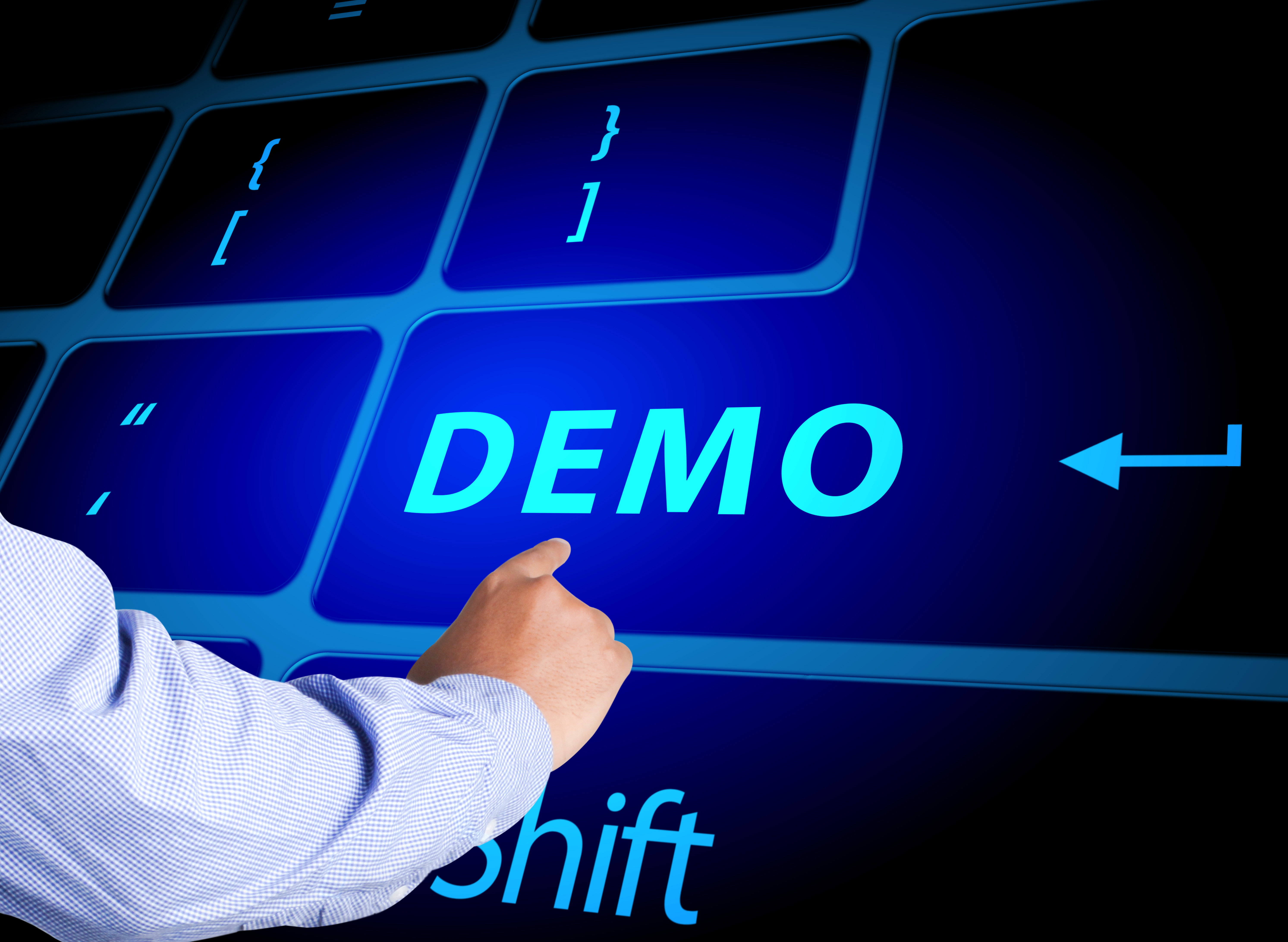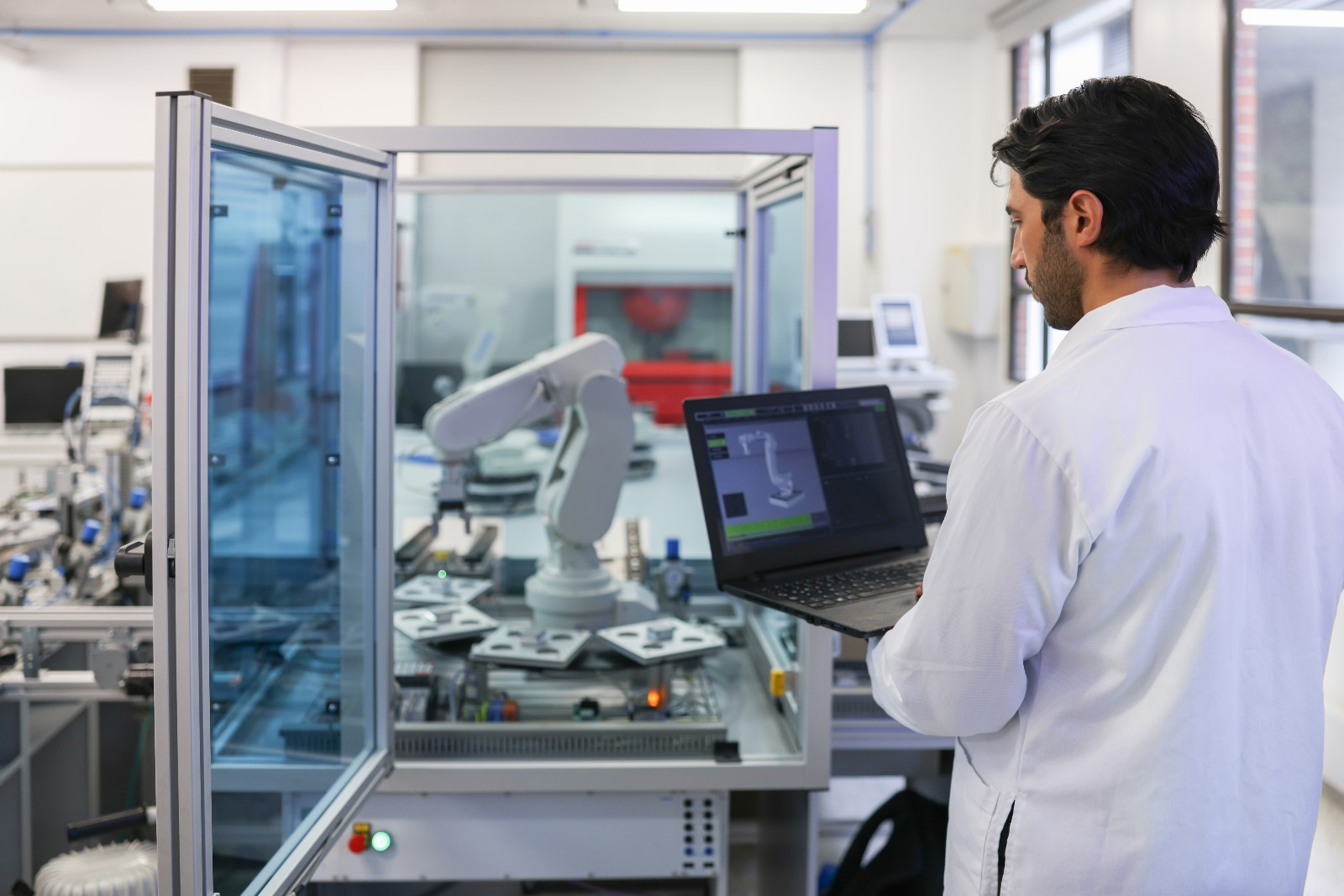Rikky Purbojati, Research Computing, NUS Information Technology, on 17 April 2023
HPC Newsletter
AlphaPulldown and PBS Job Array Demo
Ku We, Research Computing, NUS Information Technology, on 17 April 2023
Utilising HPC resources for Wave-Structure Interaction Modeling”
Hu Zhengyu and Prof Pearl Li Yuzhu, Civil and Environmental Engineering, NUS, on 17 April 2023
Access to latest scientific software
Miguel Dias Costa, Research Computing, NUS Information Technology, on 17 April 2023
Quantum-proof your Research
Rikky Purbojati, Research Computing, NUS Information Technology, on 24 May 2022
Training Detectron2
Ku Wee Kiat, Research Computing, NUS Information Technology, on 11 May 2022
Performance Statistics of AI Training Jobs of the Top Users
Wang Junhong, Research Computing, NUS Information Technology, on 6 June 2022
GPU Acceleration of VASP
Xie Weihang, Canepa Research Group, Department of Materials Science and Engineering, College of Design and Engineering, on 29 April 2022
My experience getting started with HPC
Pranab Kumar Das, Senior Research Fellow, Singapore Synchrotron Light Source, on 9 May 2022









